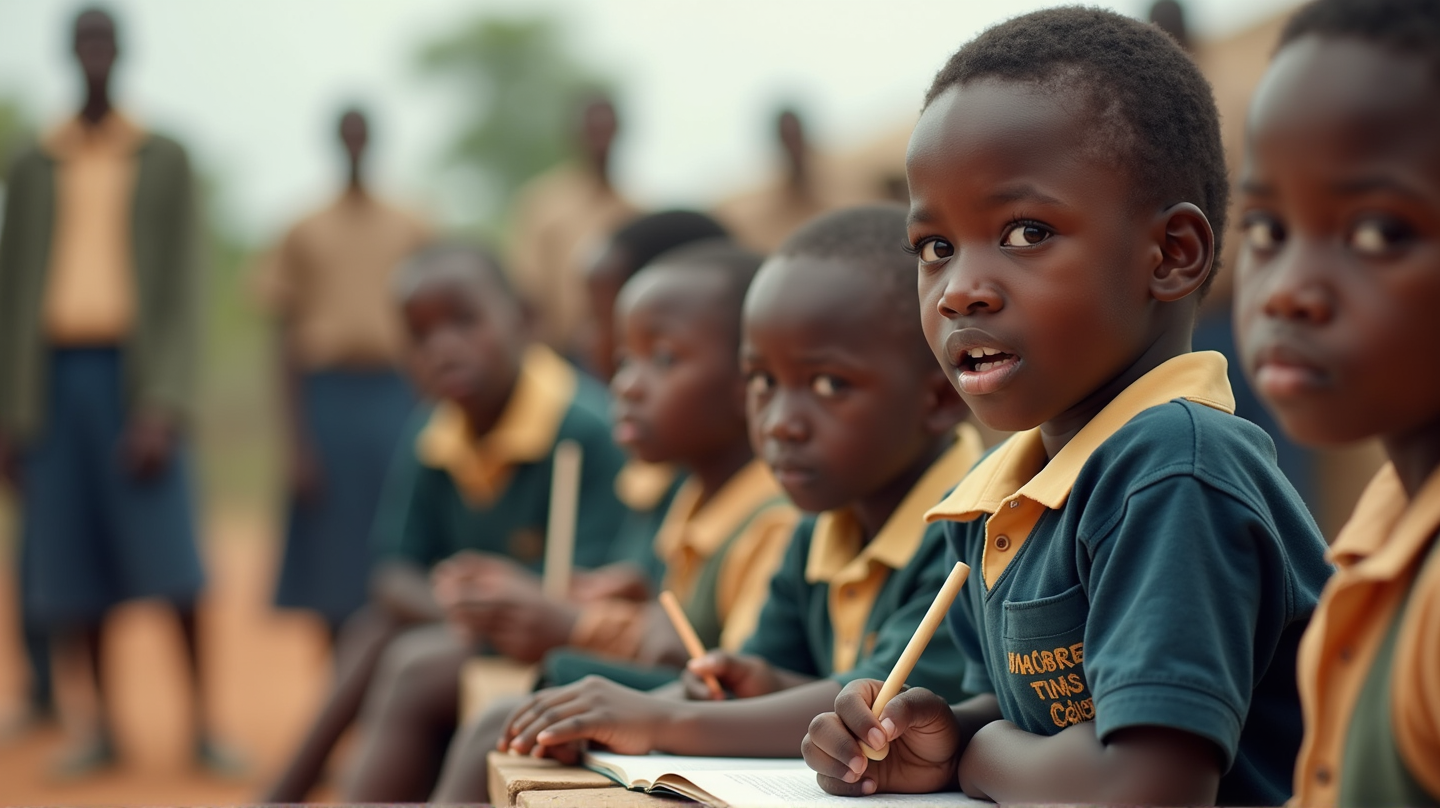School Resumption Sparks Financial Strain for Abuja Parents
As schools resume in FCT, parents struggle with rising education costs amidst economic hardships, threatening children's futures.

As the new school year dawns in the Federal Capital Territory (FCT), the familiar morning bustle of children preparing for their first day of school is juxtaposed against a backdrop of financial anxiety. For many parents within the territory, this period marks not just the excitement of a fresh academic chapter but also the looming specter of tuition and other school-related expenses.
Economic Pressures on Education
The current economic climate has added weight to this annual ritual, as Nigeria continues to grapple with economic challenges. Rising inflation rates, recently pegged at 21.88 percent by the National Bureau of Statistics, have curtailed disposable incomes significantly. This situation converts even the basics of education—tuition, books, uniforms—into luxuries that many households are finding hard to afford.
Personal Sacrifices for Education
Consider the heart-wrenching tale of Obiageli Okoro, a single mother juggling the pressures of petty trade and family support to keep her children in a reputable Abuja private school. Despite her efforts, a significant fee hike has forced her hand, leading to a reluctant school change for her children. “I had to choose between feeding my children and paying their school fees,” she explains, a sentiment echoed all too often within the walls of daily life in the FCT.
The Growing Trend of Crowdfunding
In a desperate bid to continue educating their children, some parents like Sunday Eze have turned to social media, leveraging the power of community through crowdfunding. Others, such as Ezekiel Zamber, have had to part with personal belongings—sacrificing his caravan, for instance—to bear the burden of educational expenses. “I could not bear to see my children sent home because of unpaid fees,” Zamber laments, echoing the sacrifices parents are willing to make for their children’s futures.
Implications for Nigeria’s Youth
Experts warn that this financial struggle is more than a personal dilemma. If left unchecked, it threatens to worsen Nigeria’s already precarious numbers of out-of-school children. With a staggering 17 million children currently unable to access basic education, the country’s human capital development is at serious risk.
Folashade Akinyemi, an education advocate, cautions that, “Education should serve as a ladder out of poverty. When it becomes inaccessible, families are thrust further into the cycle of poverty.”
A Call to Action
The narrative drawn across Abuja this school resumption season demands attention. Stakeholders in education policy must take decisive steps or risk raising a generation with limited prospects. The stories of Okoro, Eze, and countless others serve as a poignant reminder and a clarion call for systemic change.
According to The Guardian Nigeria News, these challenges underline a pivotal moment for Nigeria—one where the resilience of its parents and the potential of its next generation hang delicately in the balance.





